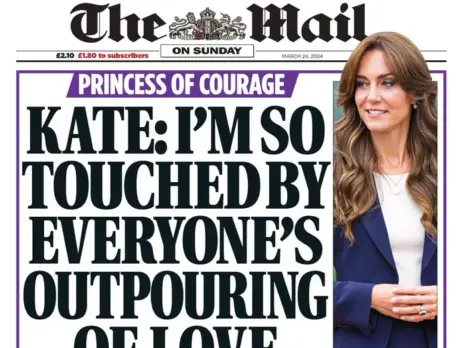
- Rupert Murdoch is ‘very interested in power for its own sake’
- Ex-justice secretary details train rides with Rebekah Brooks
- Takes veiled swipe at Jeremy Hunt
Rupert Murdoch believed the power wielded by his newspapers benefited his wider commercial interests, former cabinet minister Jack Straw said today.
Straw said the media mogul liked his publications to keep their options open on which party to support because it could “open more doors” when it came to issues such as regulation and licences.
The comments came as the former secretary of state for the justice, Home Office and Foreign Office departments gave evidence to the Leveson Inquiry.
He admitted that Tony Blair’s government had been too cosy with the press, blaming the fact that in opposition, links with journalists had become “very, very close, sometimes incestuous”.
Asked about Murdoch’s impact on politicians, Straw insisted he had “power”.
While stressing he had only had a “paragraph” of conversation with the owner of the Sun and the Times, and no direct information, he said: “He reckoned his political influence would be greater if, as it were, his support was available in return for what he thought he could get out of it.
“I don’t mean a deal, because I have seen no evidence of a deal. But he thought there was something in it.”
He went on: “I think that the perception I have got is that Mr Murdoch is enjoying the fact that he has been willing to play with political leaders in the way that the senior executives of the other papers have not.
“He is very interested in power for its own sake, because you do not get to that position running a huge international media empire without being interested in power.”
Pressed on what Murdoch might have thought he would get from his influence over politicians, Straw suggested he wanted to “consolidate his non-newspaper interests in this country”.
Murdoch believed remaining available could “open more doors in government when it came to things like media regulation, licences, regulation of football and so on”.
Train rides with Rebekah Brooks
The Labour MP rejected as “disingenuous” James Murdoch’s efforts to play down the importance of News International‘s publications to the wider News Corporation empire. Although they only constituted 2 per cent of the group’s financial interests, they were far more significant to the business in other ways, he said.
Asked whether Murdoch wielded “power” or “influence”, Straw replied: “Certainly, to those on the receiving end it felt like power.”
Straw described how, when justice secretary, he would discuss political issues with the then Sun editor Rebekah Brooks “weekly”.
“During my period as justice secretary I would often travel to London on a Monday morning from the West Oxfordshire station of Chaldbury,” he said in his statement.
“Mrs Rebekah Brooks used to use the same train. After a while we made arrangements to meet up and sit together for the journey.”
Straw told the inquiry they would talk about current political issues and “gossip about personalities”, but stressed the conversations were not too sensitive because there were always people “earwigging”.
The meetings petered out after Brooks – who was yesterday charged with perverting the course of justice in relation to the phone-hacking scandal – was made News International chief executive in 2009.
Straw also delivered a veiled swipe at Culture Secretary Jeremy Hunt’s handling of the BSkyB bid. Hunt’s special adviser, Adam Smith, resigned last month after accepting he had inappropriate contacts with News Corp lobbyist Fred Michel.
But the former Justice Secretary insisted the way he ran his office meant he would have been aware if advisers had been engaged in such activity.
“I knew what they were doing and I knew in real time what they were doing,” he said.
“If there had been a moment where they had acted inappropriately then somebody else in this very open environment, I mean ring of informality but very open environment itself, would have told me. The private secretary, the permanent secretary, a press officer – they just would have found out immediately.”
Straw said special advisers were a “very mixed bunch” who to “some extent reflect the personality and quirks” of their ministers.
Email pged@pressgazette.co.uk to point out mistakes, provide story tips or send in a letter for publication on our "Letters Page" blog







